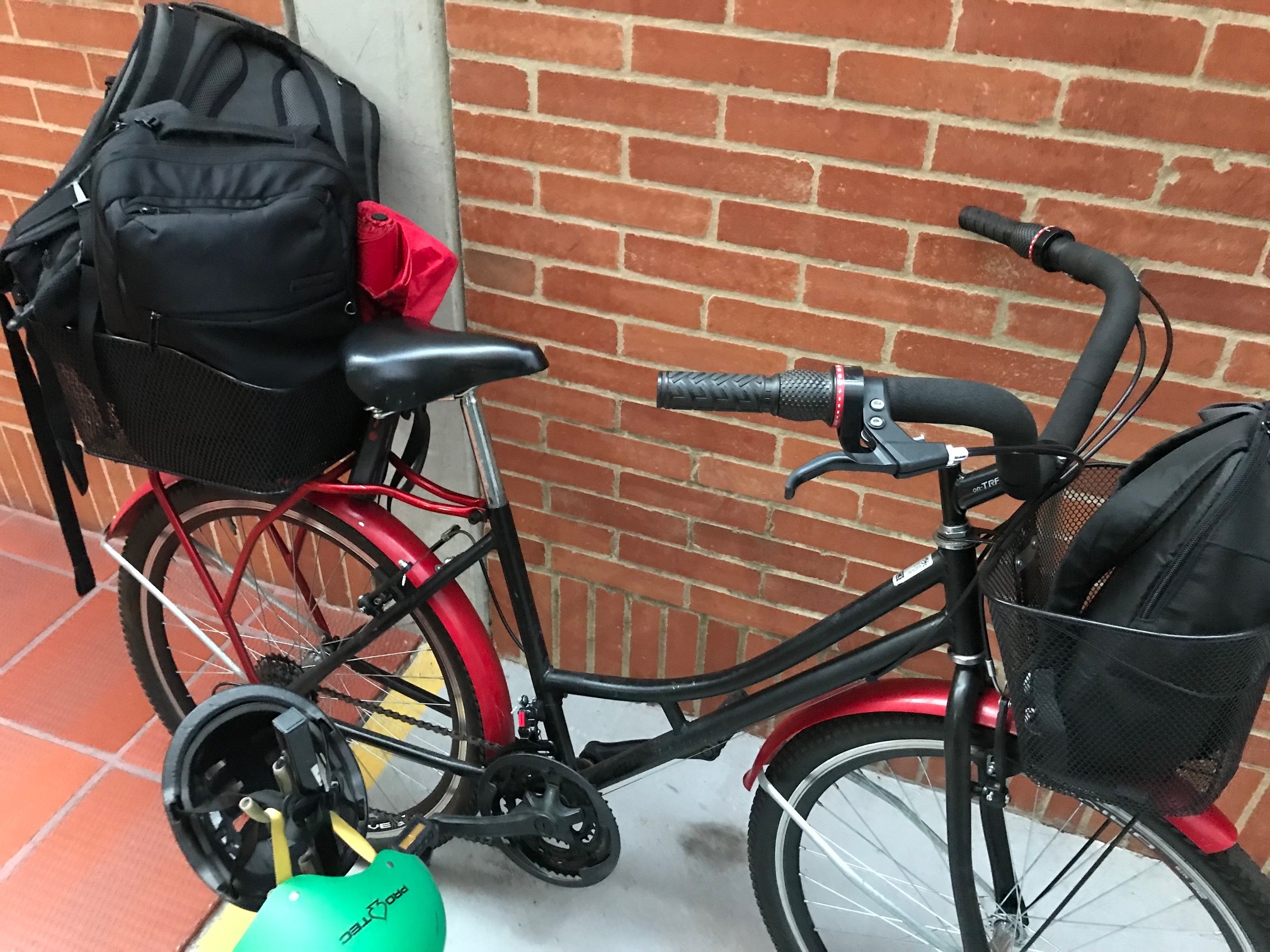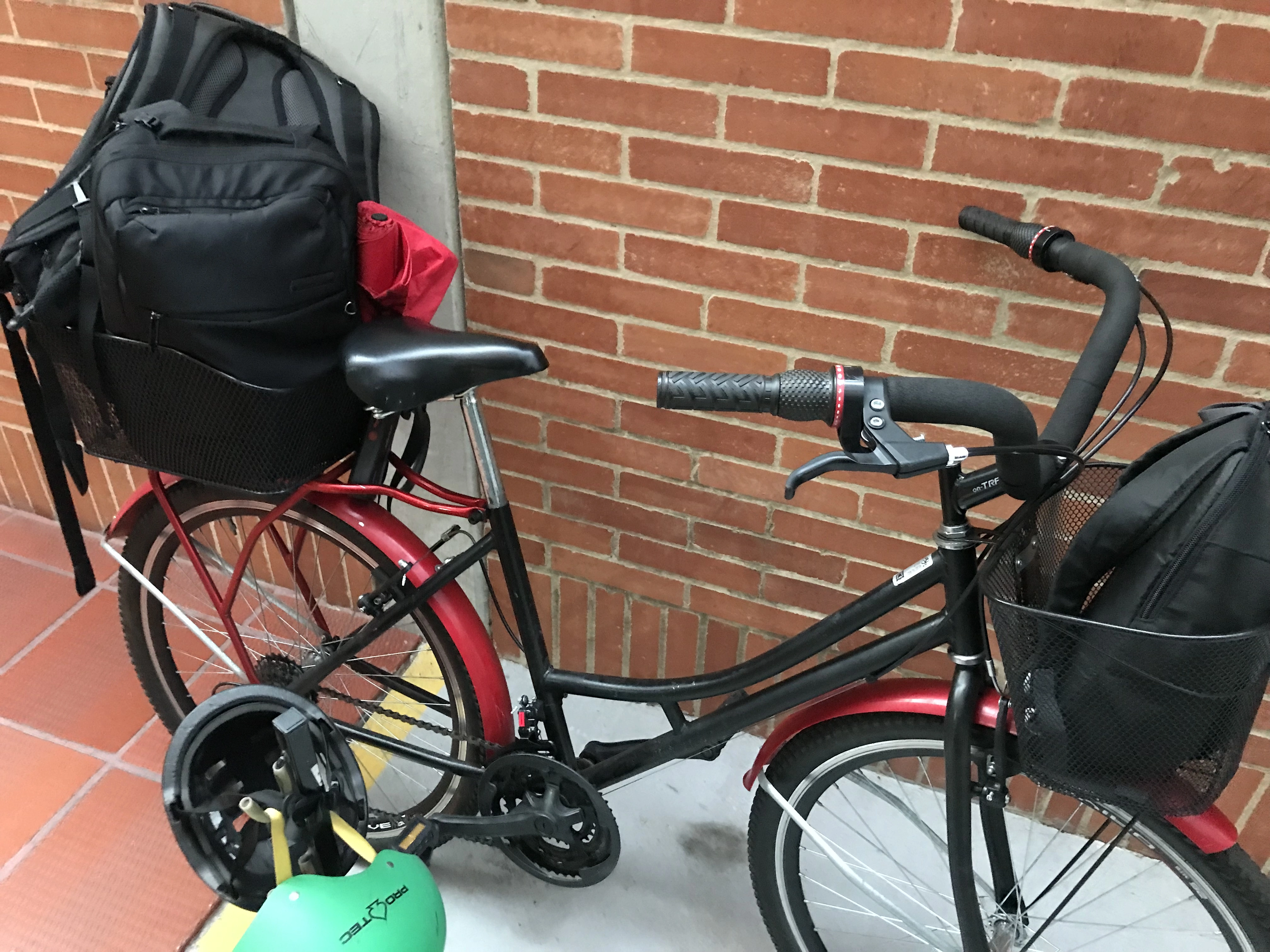I wouldn't be opposed to very strict regulations for micro transactions tbh. Treat them like gambling and get them as far away from gaming as possible
For many Americans, perhaps this shows just how big Africa is, but conversely I feel that I had never expected Texas to be that big tbh
Bizarre and yet not very surprised. There's all sorts of funny English used everywhere in Shanghai
I'm feeling agoraphobic just browsing through these pictures.
That doesn't mean we need to discuss it everywhere, all the time. For starters, not everyone is American and wants to see American centric discussions everywhere, and also, not all discussions everywhere need to start revolving around modern politics. Creating apolitical spaces doesn't mean being an apolitical individual. Just wanting to look for more peaceful alternatives.
I'm perfectly fine with being called worthless if you can't see the logic behind that, I legitimately don't give a shit as long as I can get a break from the insane and miserable shit throwing that is online political discourse.
If you like feeling miserable and angry every time you go online, great for you, but I'd much rather have an option not to do that.
Exactly. Just discuss anything else. Whatever. I don't care anymore. I don't want to know. I have absolutely no control over whatever happens in most countries, and I only have control over my own votes (if anything). Online discussion and politics always gets insanely toxic and dogmatic.
Hell, I'm from a South American country and even I heard it!
おお!すごい!6月から勉強していますか!頑張って!
No, I don't think you understand what instantaneous actually means. It literally means instantaneous. Faster than the speed of light (which is actually why teleportation is physically impossible but that's irrelevant).
Wouldn't that mostly depend on how long teleportation takes? But if it's instantaneous, you wouldn't need to account for inertia to end up literally a couple of feet away from where you are, right?


We do that in Spanish all the time, with the caveat that our verbs already change depending on who performs them, rendering pronouns completely redundant a lot of the time